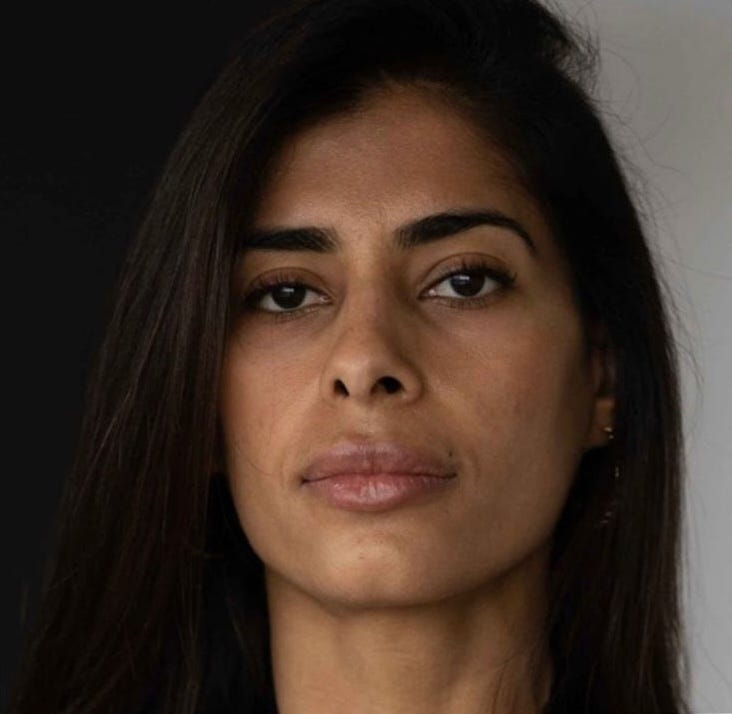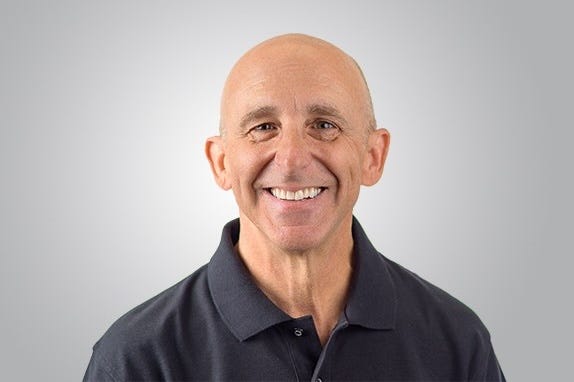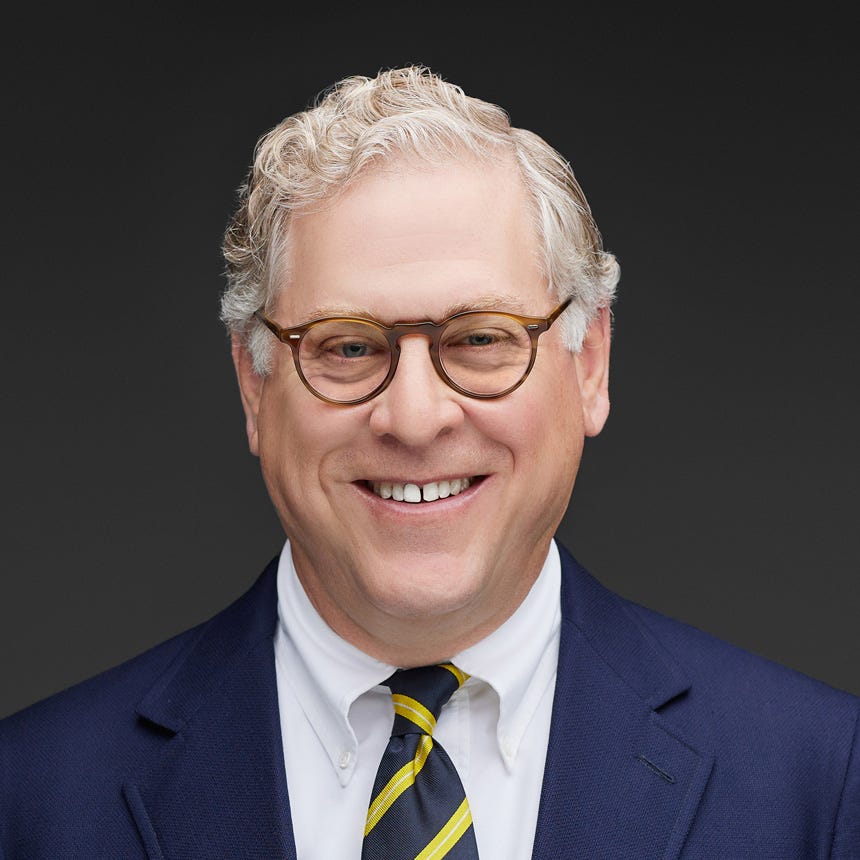Role players
FreeCons provide executive leadership and board service to key institutions
The Freedom Conservatism project brings together a wide variety of policy professionals, scholars, communicators, educators, and civic leaders who share a strong dedication to America’s founding principles and their continuing relevance to today’s biggest challenges.
As we wrote in the FreeCon Statement of Principles, “more and more people on the left and right reject the distinctive creed that made America great: that individual liberty is essential to the moral and physical strength of the nation.”
Freedom Conservatism represents a bold, principled alternative to both the Progressive Left and Populist Right. While they seek to draw more power into Washington, we seek to disperse that power throughout the country.
“The best way to unify a large and diverse nation like the United States,” we wrote, “is to transfer as many public policy choices as possible to families and communities.”
Some FreeCons are household names. They are prominent media figures, authors, former governors and members of Congress, even a former vice president.
Others play essential roles in building, staffing, managing, and governing nonprofit organizations that play key roles within the American Right.
Today we feature FreeCon signatories whose executive leadership and board service represent valuable contributions to our movement.
How government grows
Noor Greene is chief operating office of No One Left Behind, which supports former interpreters and U.S. government employees eligible for the Iraqi and Afghan Special Immigrant Visa programs. She’s also a FreeCon signatory.
Greene was born in Iraq and came to the United States in 2008 as a refugee. She previously served as COO of the Renew Democracy Initiative, where she served as executive producer for a video series focusing on the war in Ukraine. She also traveled to Ukraine to create a documentary showcasing the resilience of Ukrainians in rebuilding their lives.
Before joining RDI, she worked as a producer at Reason magazine, focusing on human rights and immigration. Her work included interviews with NBA player turned advocate Enes Kanter Freedom.
“I don’t believe the government knows better for you,” Greene told the Independent Women’s Forum in a recent interview. “The government’s idea is that if something is dangerous, you must let the government control it. That goes for guns, and it went for the pandemic.”
“When people go along on the little things the government asks, it leads to big things.”
Progress in the states
John Cerasuolo is the chairman of the Beacon Center, a state policy think tank in Tennessee. He is also a FreeCon signatory.
From 2008 to 2020, Cerasuolo was president and CEO of ADS Security, one of the largest security firms in the United States. He previously served as vice president of AFL Network Services and began his career as a naval officer in the United States Navy’s Nuclear Engineering Program.
In a recent interview, he explained that his involvement with the Beacon Center “was born out of frustration with national politics and the recognition that there was great progress to be made at the state level.”
“Historically I would have supported the Right in their commitment to limiting the role of the government in our economy and reducing the size and scope of our federal government,” Cerasuolo explained. “Similarly, I would have supported the Left in their effort to preserve the freedom of individuals and their right to live their lives free of government oversight.”
“Unfortunately, the traditional Right and Left have departed from their respective positions and now both generally support a greater role for government.”
Leader board
Ron Brown is a partner in the Washington office of Heidrick & Struggles, an executive search firm, and a member of the CEO & Board of Directors Practice. He’s also a FreeCon signatory.
Brown has more than two decades of experience advising CEOs and boards on succession planning and building high-performance leadership teams.
Prior to his current role, Brown served in various appointed government positions, including on the White House staff. He began his career in marketing and government relations positions at the Heritage Foundation.
Brown currently serves on the board of the Colorado chapter of the National Association of Corporate Boards. He previously chaired the board of the Bard Center for Entrepreneurship and is on the advisory board of the University of Colorado Denver Business School.
In the mix
• In The Washington Post, FreeCon signatory Jordan McGillis related his experience as a parent of three young children paying more than $5,000 a month for child care.
“Child care is expensive because it is labor-intensive,” wrote McGillis, economics editor at City Journal. “In a modern economy, personalized human attention — the loving care parents want for their kids — is scarce.”
He urged policymakers to increase the supply of child care workers through immigration and licensing reforms.
Policymakers can also “lower child care costs by giving families more choice regarding the intensity and style of care they would like,” McGillis concluded. “Tight child-to-caregiver ratios and stringent recordkeeping requirements add layers of protection some parents would be comfortable without.”
• In The Hill, FreeCon signatory Dalibor Rohac argued that President Trump’s trade “deals” are nothing of the sort — as well as economically self-defeating and harmful to American diplomacy.
The agreements announced over the summer “are not trade agreements in any meaningful sense,” wrote Rohac, a senior fellow at the American Enterprise Institute, in that they lack “legal weight” and accomplish no “liberalization of trade.”
“Because tariffs are effectively taxes on Americans, the U.S. economy and consumers are the first and foremost losers of these new ‘deals,’” he wrote, and “if the Trump administration were purposefully trying to peel the EU, the U.K., and Japan away from America’s system of alliances, it would be hard-pressed to find a more surefire method than these deals.”
• At Reason, FreeCon signatory Jonathan Adler observed that President Trump has not yet made many judicial appointments during his second term. Fewer judges than expected are retiring, perhaps concerned about the replacements Trump might select.
“In my view, strategic behavior by judges may help explain the relative lack of judicial vacancies for Trump to fill,” wrote Adler, a law professor at William & Mary, but “other factors likely play a role as well,” including the fact that past presidents of both parties have appointed younger judges who then serve longer.
• At The Dispatch, FreeCon signatory Mark Tooley profiled Douglas Wilson, a featured speaker at the upcoming National Conservatism conference who celebrates the Confederacy and opposes voting rights for married women.
Wilson is “a suitable chaplain to a growing segment on the right that disdains classical liberalism as a failure, if not flawed from the start,” wrote Tooley, president of the Institute on Religion & Democracy, “and wants to completely rebuild America into a new postliberal order, where Christianity is not just central, but ideally legally privileged.”
• At the Washington Examiner, FreeCon signatory David Harsanyi stated that Donald Trump “has no business taking a stake in Intel” on behalf of the federal government.
“Governments have been nationalizing industries since governments have existed,” argued Harsanyi, a senior writer for the Examiner. “In virtually every instance, the state takes power under the auspices of a national emergency.”
“These days, of course, any inconvenience is a crisis in politics, and so President Donald Trump has decided to run the semiconductor industry.”



